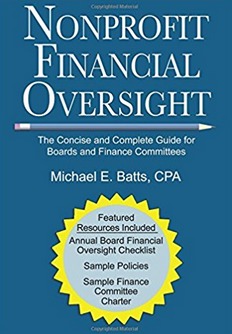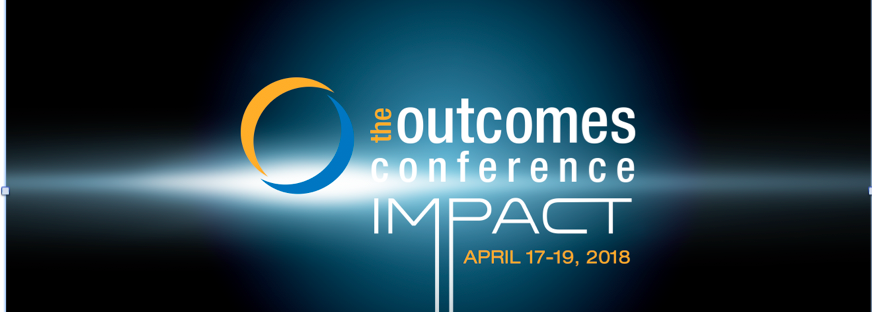
Do You Need Board Committees? By Michael E. Batts
 Five Key Considerations for Establishing Board Committees
Five Key Considerations for Establishing Board Committees
Every organization is unique and there is no one-size-fits-all set of principles for determining whether an organization should have board committees. There are, however, common considerations in making such a determination. These considerations include:
(1) Whether the board can devote sufficient time in board meetings to exercise appropriate oversight.
Given the comprehensive nature of the board’s responsibilities for an organization, it is important that the board be able to devote adequate time to its oversight of the organization overall. The board should meet frequently enough and long enough to accomplish that objective. A number of variables affect a board’s capacity in this regard. Factors having the most significant impact include the capabilities of top management and the nature and extent of management’s reporting to the board.
A reporting model in which management provides clear, concise, and thorough reports with respect to all the key areas of operations will favorable impact the efficiency and capacity of the board overall. If the board does not have adequate responsibility in a key are, that area may be a candidate for utilization of a board committee.
(2) Whether board members and others willing to spend time outside of board meetings and attend separate committee meetings?
One of the most significant disadvantages of establishing any committee is the additional time commitment involved on the part of committee members. Participation on a committee requires additional meeting and the between-meeting preparation that goes with them.
A factor affecting a person’s willingness to serve on a nonprofit board is the time commitment such service entails. Committees may be composed entirely or partially of board members, but every board committee must have board member representation. Requiring board members to serve on one or more committees expands that person’s required time commitment and may adversely affect his/her willingness to serve the organization at all.
(3) The nature, size, scope, complexity and risk of the organization’s activities.
The larger, more complex, and more high-risk an organization’s activities, and then the more likely it is that one or more board committees may be helpful.
(4) The the pervasiveness of a particular area of board oversight.
Areas of board oversight that are particularly pervasive or complex may warrant utilization of a committee to assist the board doing the work. For example, financial matters are typically pervasive in any organization – and the complexity of the organizations financial matters should be considered.
Overall risk management may also be considered in a pervasive area for oversight, depending on the facts. Each organization should evaluate its activities in assessing the pervasiveness and complexity of a particular area.
(5) Whether members of the board have the expertise to appropriately monitor and evaluate a particular area of oversight.
Boards composed of members with little financial expertise are more likely to benefit from (and even need) the assistance of a finance committee. (It is poor governance for a board not to have some members with strong financial expertise.)
Organizations that conduct high-risk activities (e.g., counseling, health care, services, child care, etc.) should determine if the organization’s board members have the expertise to evaluate the programs and related risks associated with those activities.
The Next Step – Committee Charters
No board should have any committee without a very clear charter setting forth the purpose, authority, composition, and objectives of the committee. Without a clear charter, board committees will likely have a difficult time discerning whether an issue or decision is within the scope of their responsibility and authority. A committee charter should be approved by the full board.
####
Michael E. Batts is the managing partner of Batts Morrison Wales & Lee Certified Public Accountants (BMWL). He has served on and chaired the boards of nonprofit organizations, both nationally and locally. Mike currently serves as the chairman of the board of ECFA. This post is an excerpt from his newest book release, Nonprofit Financial Oversight: The Concise and Complete Guide for Boards and Finance Committees (Accountability Press 2017).
Register today for The Outcomes Conference 2018. Michael E. Batts will be presenting this year along with thought leaders and experts from these eight core areas:
- Executive Leadership
- Board Governance
- Finance
- Tax & Legal
- People Care & Management
- Resource Development
- Marketing & Communication
- Internet & Technology
Register by January 31, 2018 for additional early savings.
www.OutcomesConference.org

What is Christian Leadership Alliance?
Christian Leadership Alliance equips and unites leaders to transform the world for Christ. We are the leaders of Christ-centered organizations who are dedicated to faithful stewardship for greater kingdom impact.
Sign up for FREE blog updates.
Upcoming Events
Check back later!




